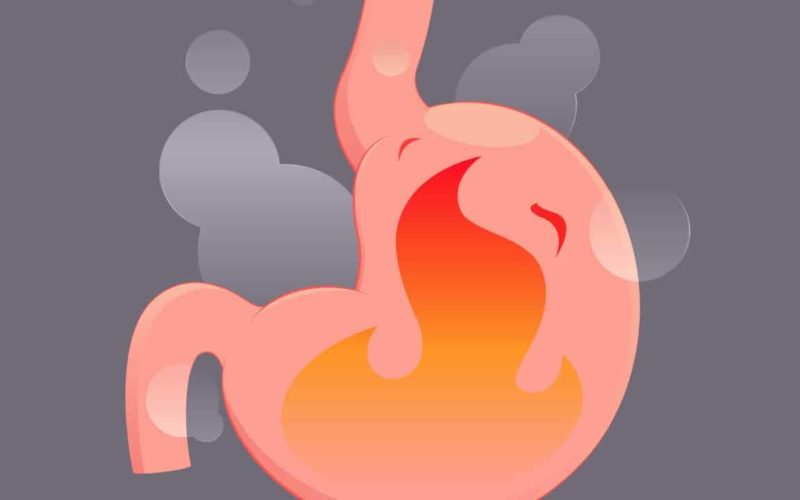Hepatitis C infection is a major public health issue, affecting approximately 2.8% of the world’s population (>185 million people worldwide). Approximately 250,000 Canadians were living with chronic hepatitis C as of 2011.Specifically in the hemodialysis population,DOPPS data estimated the prevalence of HCV (patients randomly selected from 308 representative dialysis facilities in France, Germany, Italy, Japan, Spain, the UK, and the US) at 13.5 percent. Other than the liver complications associated with HCV, we (as a nephrology community) are also concerned with the kidney -related complications like HCV related vasculitis and/or glomerulonephritis (such as mixed cryoglobulinemia) and in the transplant population (fibrosing cholestatic hepatitis and post transplant DM).
The guidance for nephrologists regarding managing Hepatitis C in the CKD (dialysis and non-dialysis) comes from KDIGO, which suggested use of interferon or pegylated interferon with or without ribavarin (based on degree of kidney dysfunction). These therapies are associated with treatment-limiting toxic effects (they can cause or aggravate fatal or life-threatening autoimmune disorders, neuropsychiatric and ischemic disorders, and hemolytic anemia) as well as have sub-optimum efficacy. The most recent meta-analysis reported an overall estimate of sustained viral remission (SVR) in about one in three patients when treated for 16–48 weeks, whereas about 20–25% of patients did not complete the treatment due to adverse events. In addition, the longer treatment durations has meant patients being taken off the transplant waiting list while on therapy, adding to the dilemma about whether or not to treat. Notably, the use of interferon post kidney transplant is not recommended due to the increased risk of rejection.
This all changed with the introduction of direct acting antiretroviral (DAA) agents. This has opened a new paradigm in the management of Hepatitis C in the general population with SVR rates >90%, few adverse effects with the duration of therapy being as short as 8–12 weeks. However, the renal elimination (>80%) of sofosbuvir (which has been the most common drug used in the general population clinical trials) means this drug has to be used with caution in patients with kidney dysfunction (especially with one trial showing increased adverse events). Additionally, one of the trials which used sofosbuvir in a reduced dose in CKD population showed reduction in efficacy with SVR rates of only 40%.
This brings us to the C-Surfer Study. The C-Surfer Study, a randomized, parallel-group, multicenter, placebo-controlled Phase II/III trial, evaluated theefficacy and safety of grazoprevir and elbasvir (GZR/EBR) in HCV genotype 1–infected patients with Stage 4 or 5 CKD including patients on dialysis (N = 224). Patients were randomized to receive either immediate or deferred treatment with GZR/EBR (100/50 mg) once daily for 12 weeks. Patients randomized to the deferred treatment arm first received 12 weeks of placebo before starting GZR/EBR.
This brings us to the C-Surfer Study. The C-Surfer Study, a randomized, parallel-group, multicenter, placebo-controlled Phase II/III trial, evaluated theefficacy and safety of grazoprevir and elbasvir (GZR/EBR) in HCV genotype 1–infected patients with Stage 4 or 5 CKD including patients on dialysis (N = 224). Patients were randomized to receive either immediate or deferred treatment with GZR/EBR (100/50 mg) once daily for 12 weeks. Patients randomized to the deferred treatment arm first received 12 weeks of placebo before starting GZR/EBR.
· The majority of patients were treatment naïve (80%)
· 6% were cirrhotic
· 81% had Stage 5 CKD
· 76% were on dialysis.
The initial results were published in the Lancet earlier this year. In the placebo controlled phase, the primary end point of SVR12 (sustained viral remission at 12 months, defined as HCV RNA undetectable or below lower limit of quantification i.e. HCV RNA is detected but less than 15 IU/mL ) was achieved in 99% of patients who completed treatment. SVR12 was 94% in the intention-to-treat analysis. Serious adverse events (Cardiac disorders [AMI, Cardiac arrest , atrial fibrillation] elevated ALT and AST, Pancreatitis and ,pneumonia) were similar between the immediate treatment group and deferred treatment group (14.4 versus 16.8%). The final results of this study were presented at the late breaking trials, poster session, at the ASN Kidney Week 2015 in San Diego (final paper yet to be published).
· SVR12 in all subjects (now including both the immediate and deferred treatment arms) who received GZR/EBR was 94.6 %
· immediate treatment group 94.3% [115/122]
· Deferred treatment group after placebo95% [96/101]).
· Only 12 subjects failed to attain SVR12
· virologic relapse was seen in 3 patients
· 1 patient stopping the regime for adverse events.
Excluding subjects who discontinued for reasons unrelated to study drug, the overall SVR was 98.6% (211/214). Pharmacokinetic data indicate no need for dose adjustment in dialysis patients. Thus, it appears that the combination of GZR/EBR is a safe and effective option in patients with advanced CKD. Fixed-dose ombitasvir, paritaprevir, ritonavir and dasabuvir (3D regimen) (all components of this regimen are primarily excreted in the feces (>86%), with less than 11.3% renal elimination) with or without RBV is also being evaluated in the ongoing RUBY-I trial (involving 20 HCV genotype 1 treatment naïve non-cirrhotic patients with advanced CKD). The interim analysis have revealed that 10 of 10 patients achieved SVR4, and of those, 2 patients reached SVR12.Though these results look promising further data are required before making a recommendation for its use in the CKD population. Thus, the current and future treatment options for CKD patients with HCV genotypes 1 and 4 seem promising; however treatment of patients with genotypes 2 and 3 in the CKD population still remains a challenge.
Post by Praveen Malavade, Nephrology Fellow, University of Ottawa
Content Reference from: https://www.renalfellow.org/2015/12/04/top-nephrology-15-contender-treating/

